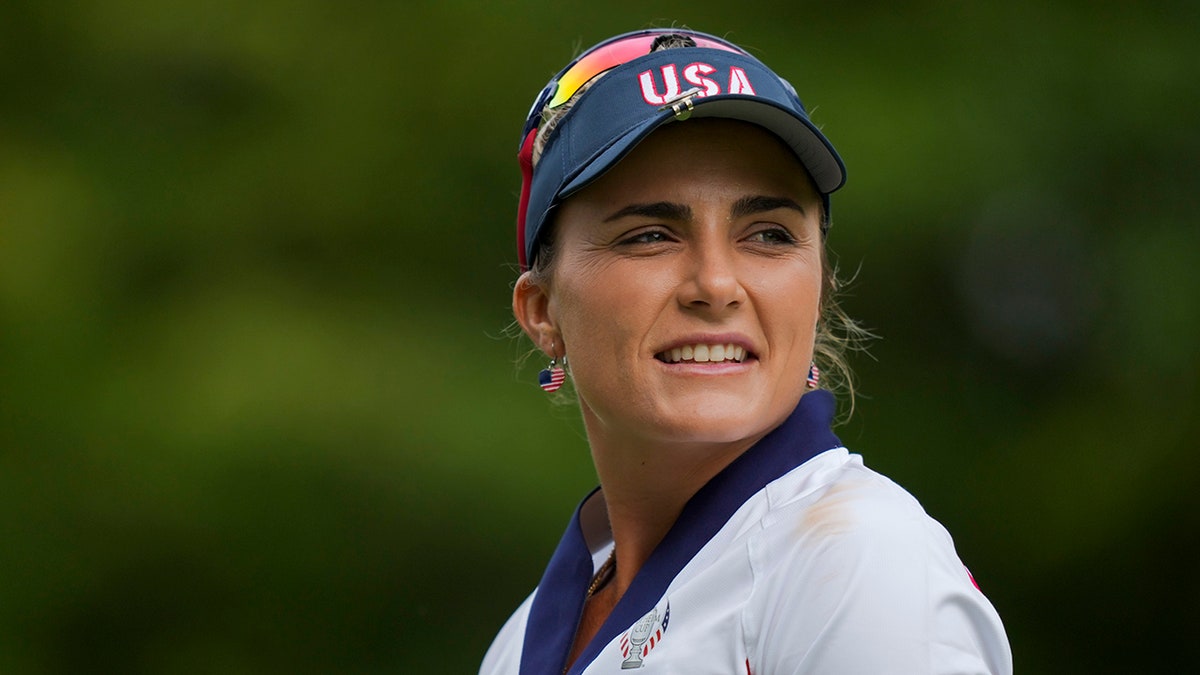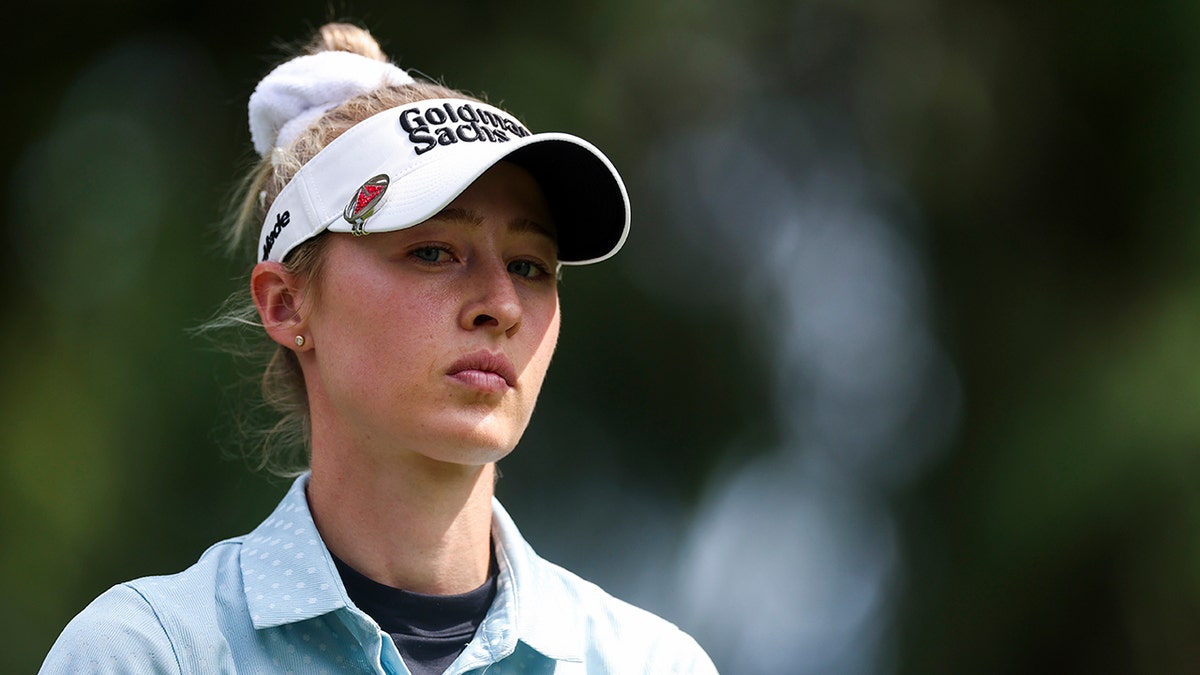She is still finishing up her season, but it is fair to call Lexi Thompson an LPGA Tour legend.
It is usually a custom to refer to players as legends after their careers have come to a close, but though Thompson will not be on Tour full-time starting next year, retirement was not the word she used at this year’s U.S. Women’s Open when citing mental health as a main reason behind taking a step back from the game she has always loved.
“I think we all have our struggles, especially out here,” she said back in May. “Unfortunately, in golf you lose more than you win, so it’s an ongoing battle to continue to put yourself out there in front of the cameras and continuing to work hard and maybe not seeing the results you want and getting criticized for it. So, it’s hard.
“I would want people to think about my career as, of course, a talented golfer,” she began. “That’s part of it. But I just want people to see me as somebody who gave back to the game, who realized the importance of what went into the tournaments and just the Tour and just being grateful for being out there.
“[I] gave back and made it a better game and helped the women’s sports just grow and getting kids involved at a younger age. I think that’s what I want to be seen as. – a role model. A role model for kids to look up to and strive to be.”
Lexi Thompson looks on during the first round of the U.S. Women’s Open golf tournament. (John Jones-USA TODAY Sports)
Leaving the game better than when she entered it as a professional in 2010 at the age of 15 was always what Thompson had in mind. Of course, winning was always top of her mind as well, and Thompson did that 11 times on the LPGA Tour, while competing for Team USA in multiple Solheim Cups and two Olympics (2016, 2020).
As the game of golf has grown tremendously since she went pro over a decade ago, women’s golf has benefited from it to the joy of Thompson.
“Of course, I don’t think it’s just me,” she said, laughing. “There’s so many talented women out here who have impacted the game, have given back and that’s what makes the Tour so special.
“On my side of things, giving back to the fans, the sponsors and seeing that growth over the years in 2010 when I turned pro. We gained tournaments, we gained sponsorships, we gained TV coverage and purses have risen quite a lot. It’s just great to see the growth, and we’re getting the praise women’s golf needs and deserves. I think we’re moving in the right direction.



